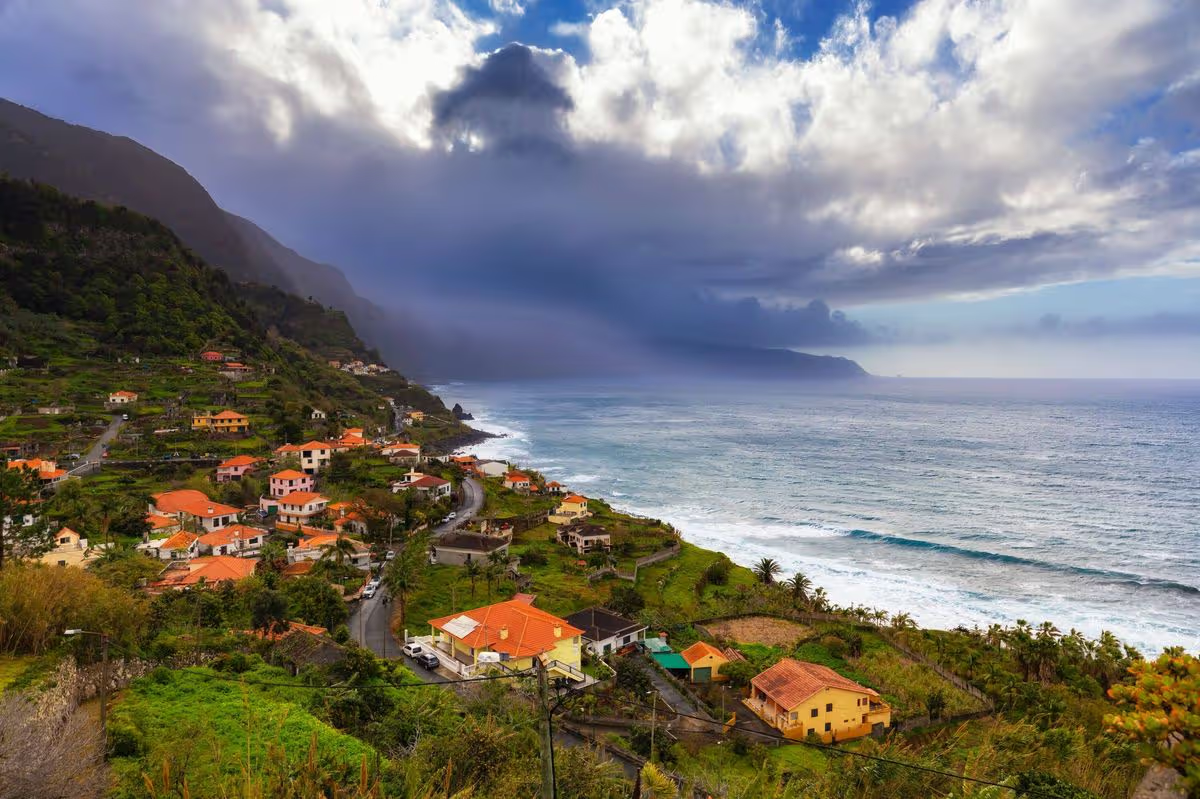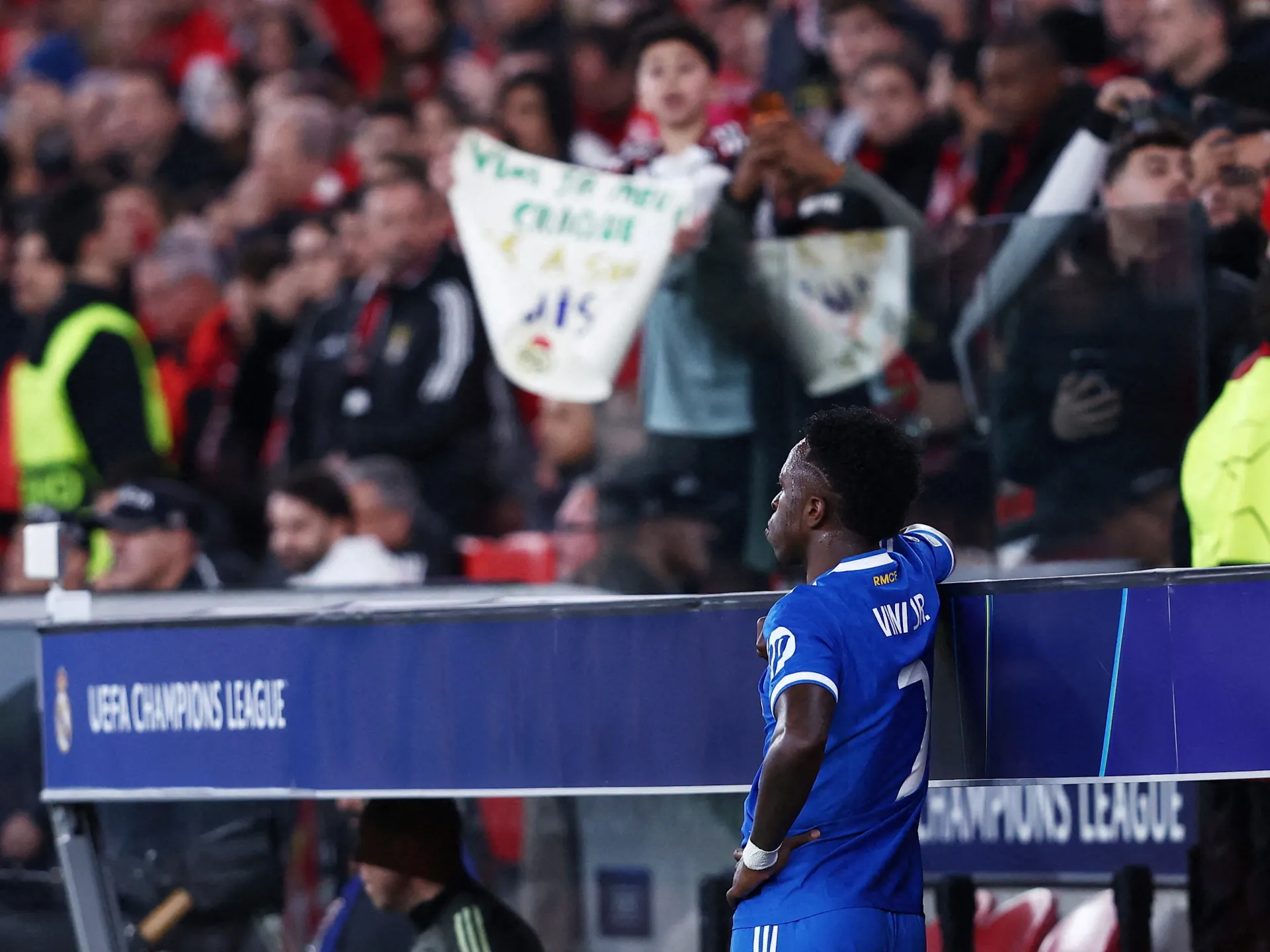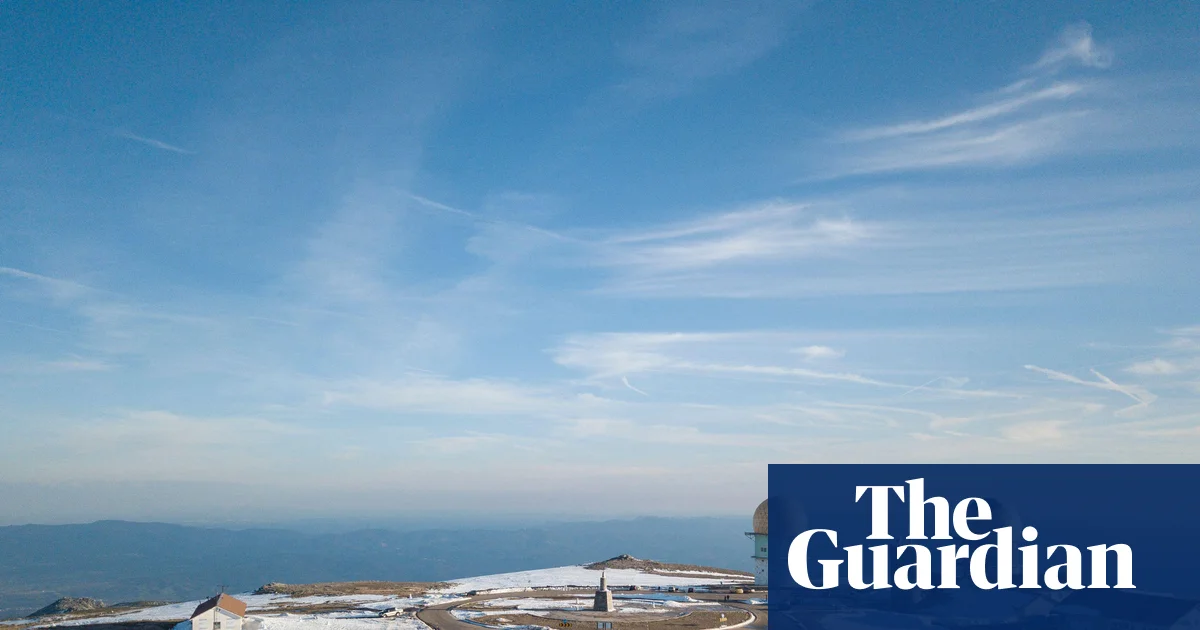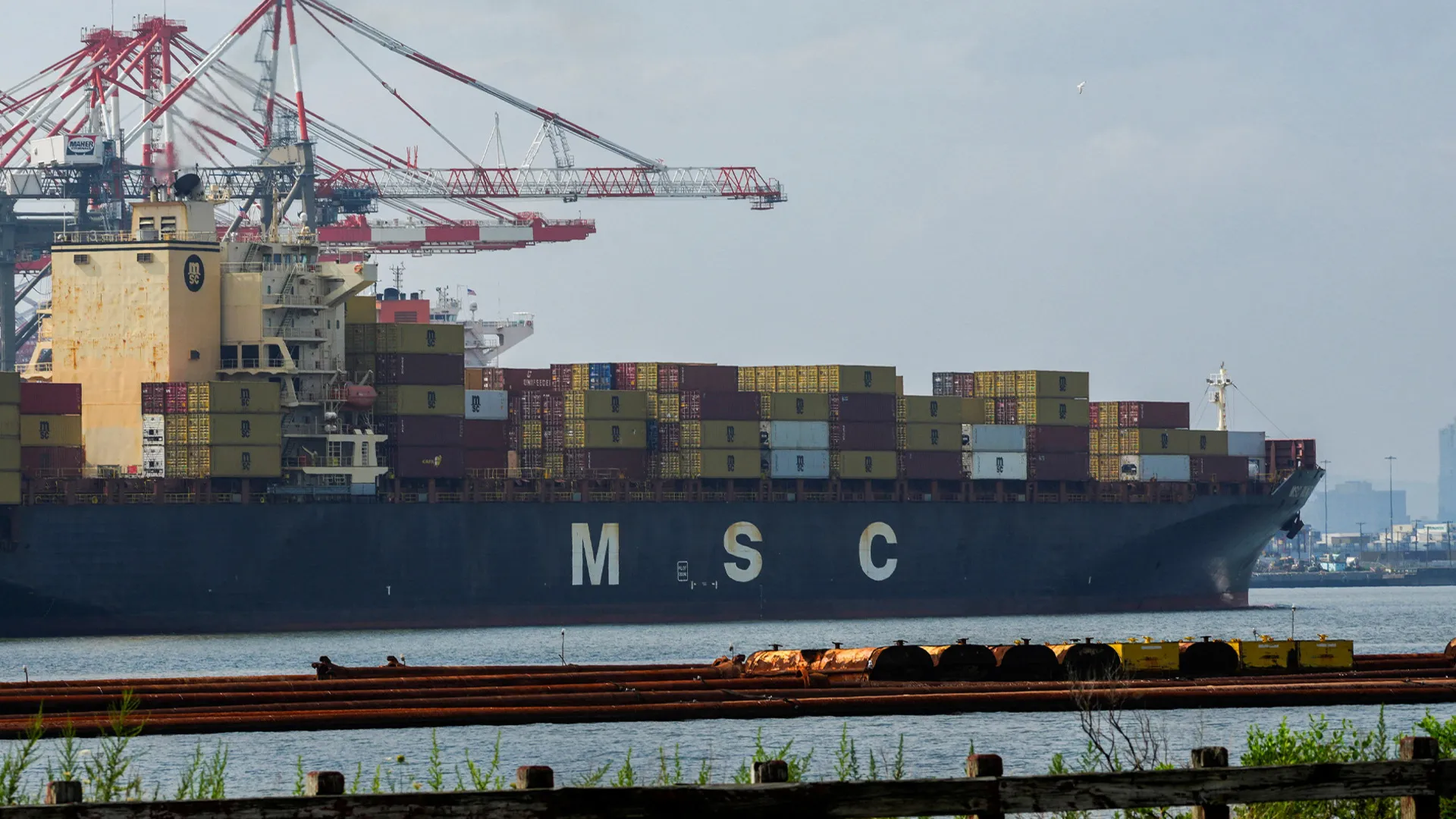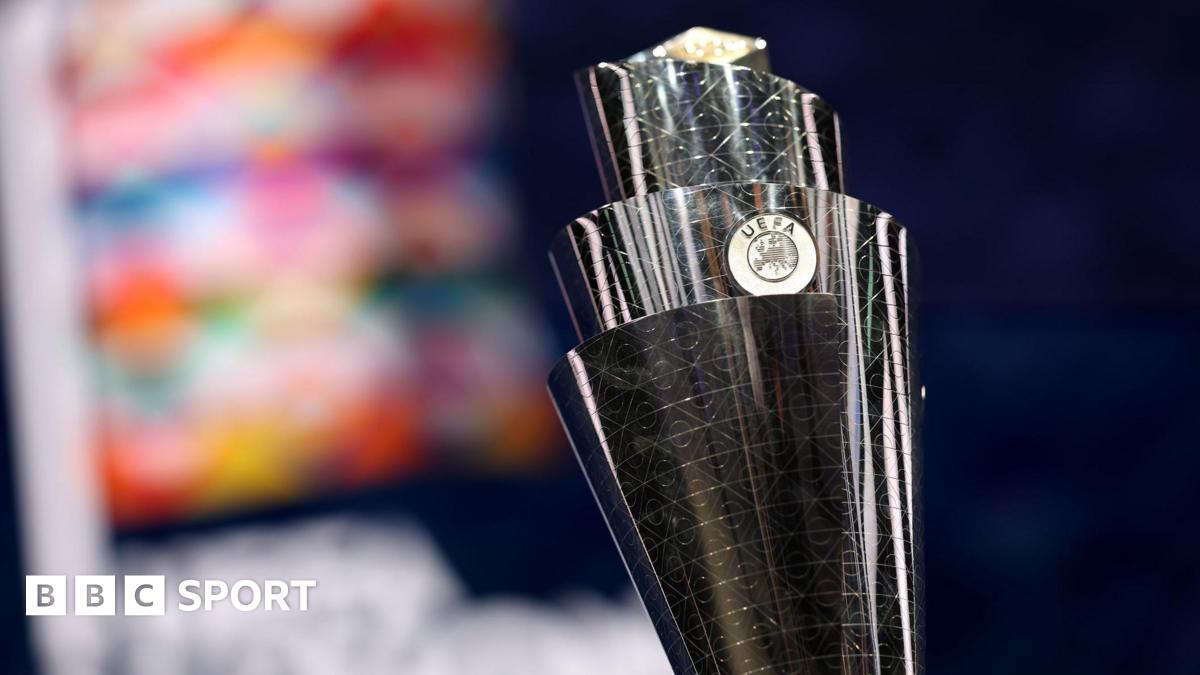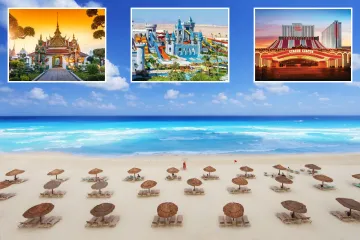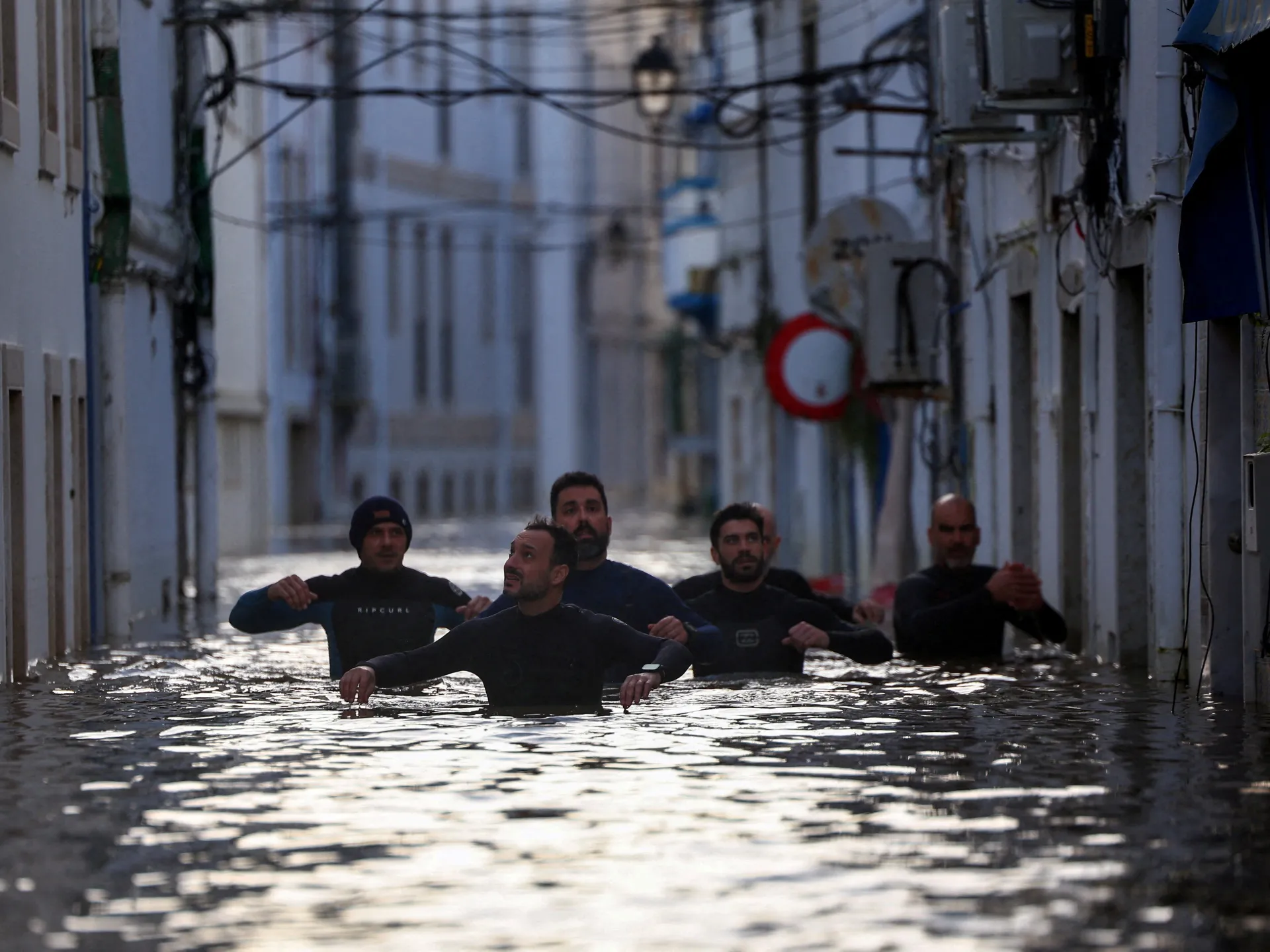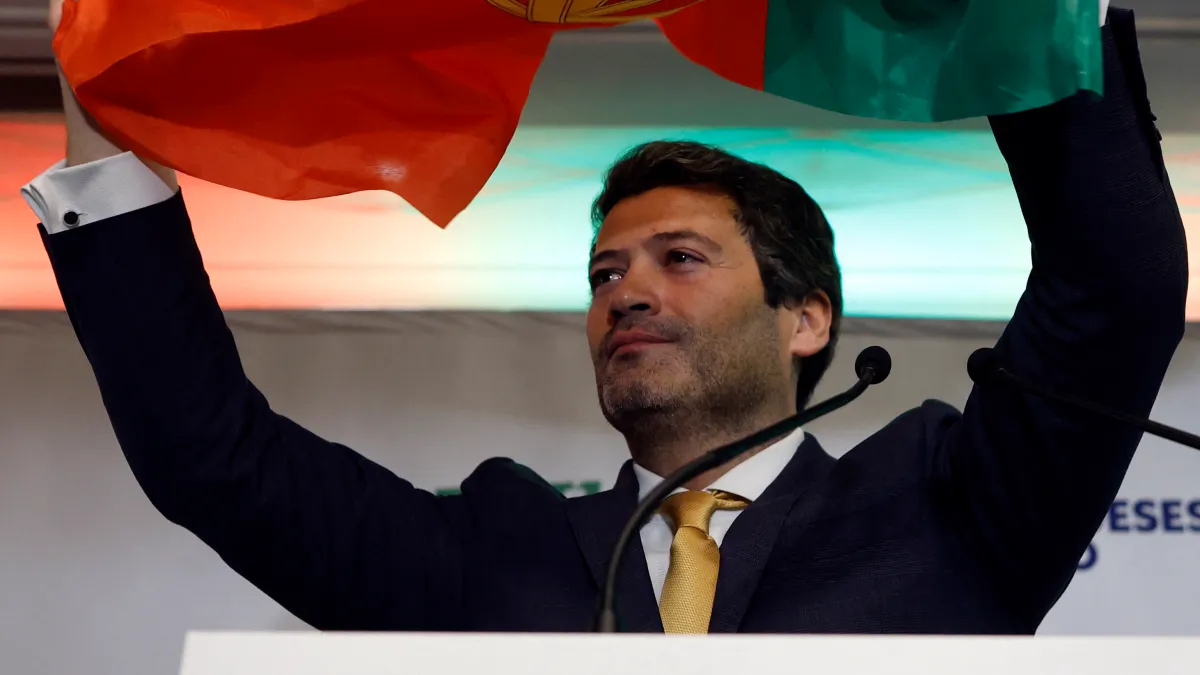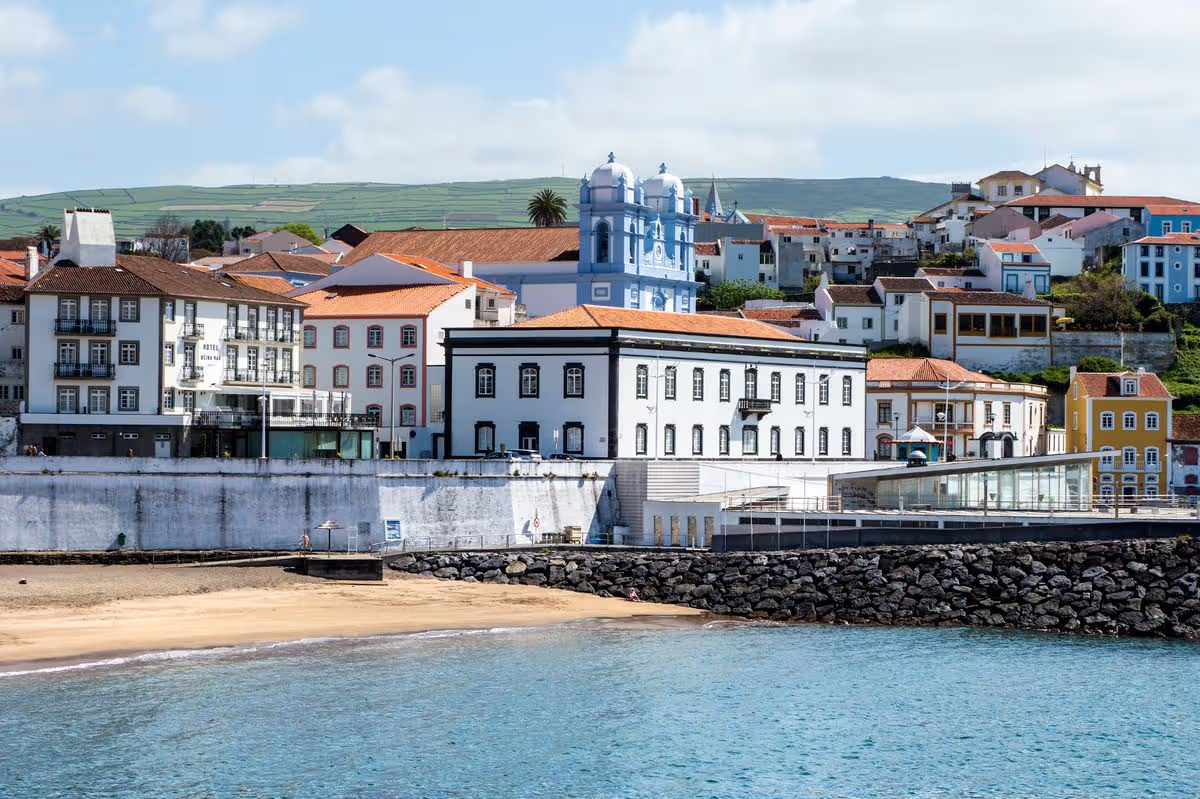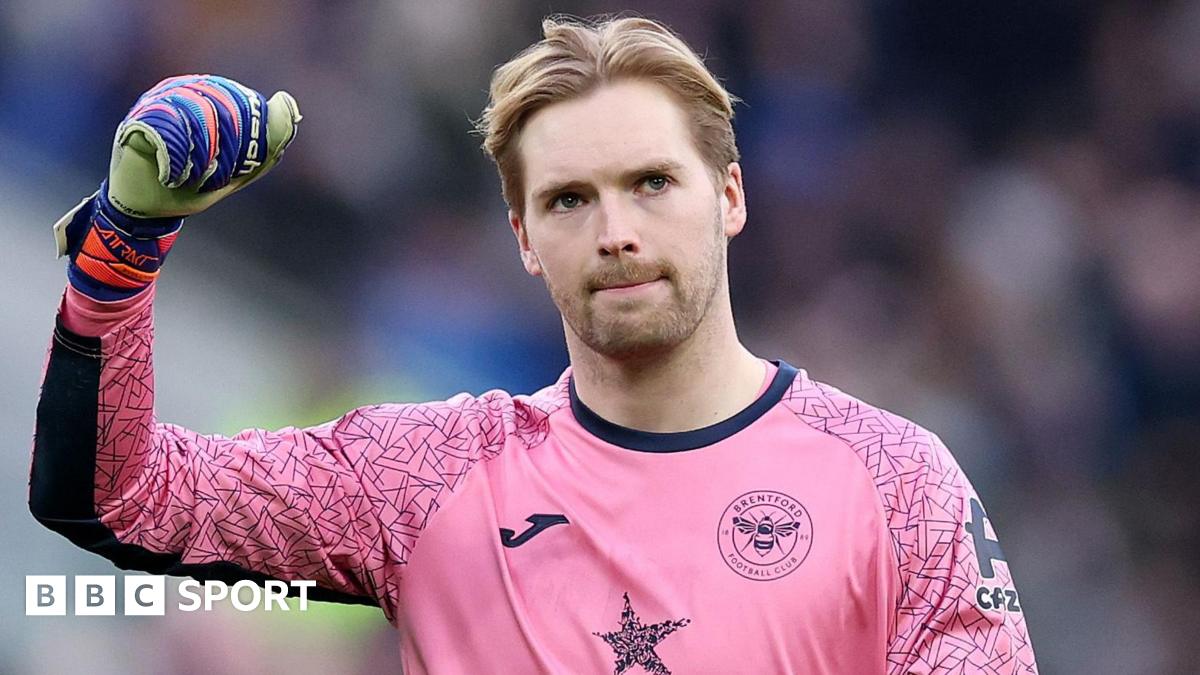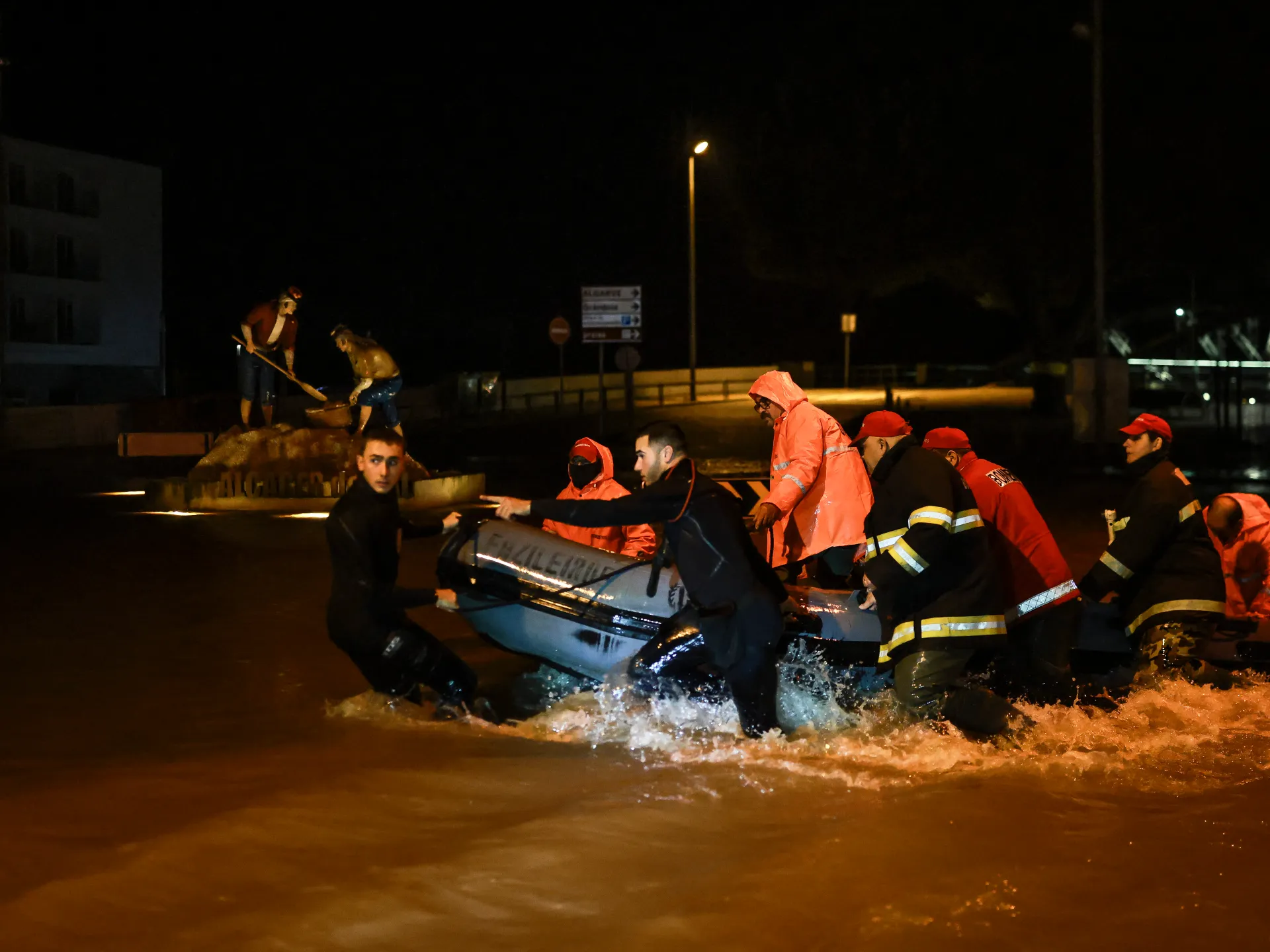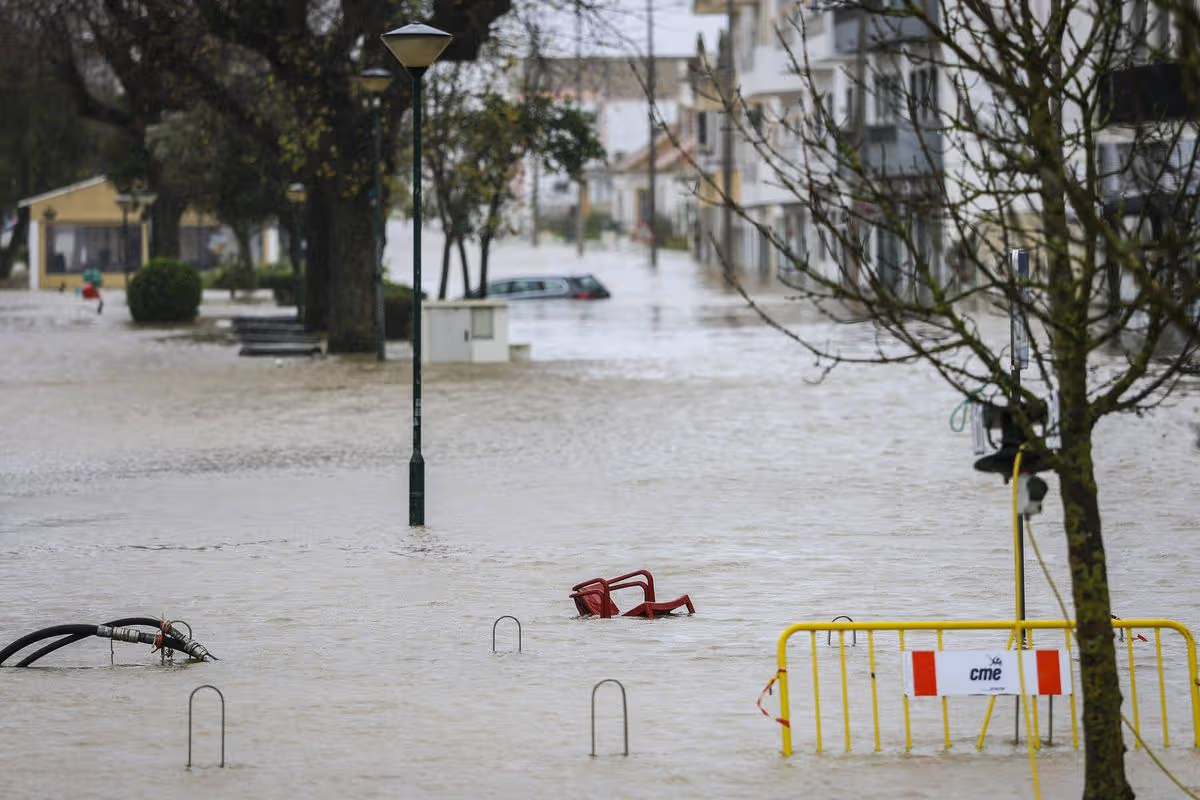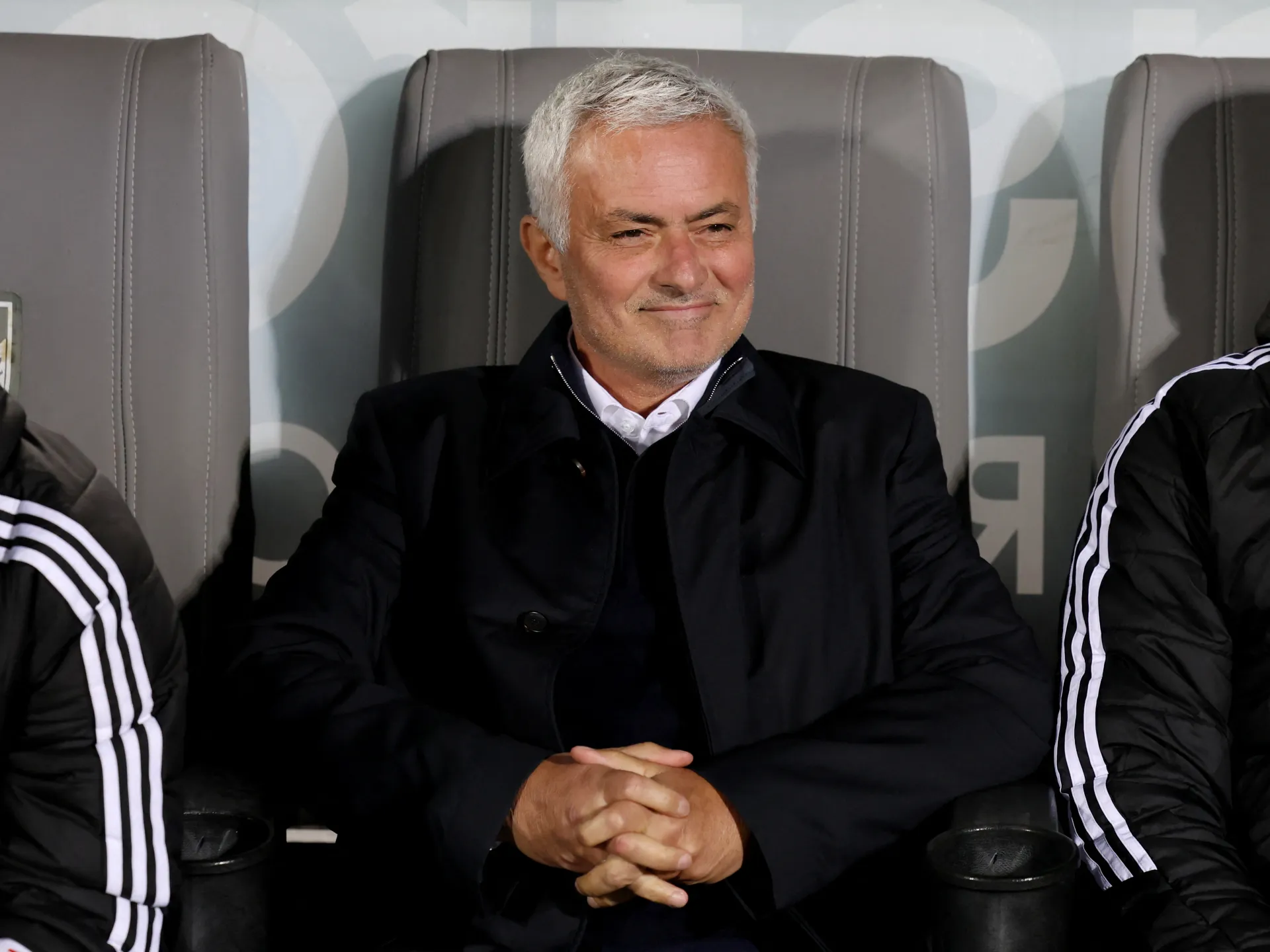A breathtaking tropical paradise that is warm all year — it’s the perfect affordable winter retreat for UK residents boasting unspoilt beaches, sparkling turquoise waters and jaw-dropping scenery.
A stunning sun-soaked paradise has been dubbed “unfairly beautiful” by visitors who simply cannot contain their admiration for its remarkable and diverse splendour.
Brimming with vibrancy, vivid colours, and rich culture, this radiant island basks in warmth throughout the year, cementing its status as the ultimate tropical escape for holidaymakers.
Frequently referred to as the ‘Pearl of the Atlantic’, this petite Portuguese volcanic island more than earns its illustrious moniker, delivering on every promise of being a true tropical utopia.
Striking landscapes, unspoilt beaches, sparkling turquoise waters and jaw-dropping scenery are just a handful of the treasures this enchanting destination has to offer.
With temperatures reaching 20C during February and March, this charming Portuguese gem is the ultimate winter bolt-hole for people living in the UK, desperate to flee the biting cold and relentless drizzle of the darker months, reports the Express.
Amazon cabin bag meets Ryanair requirements for less than £15

Travellers keen to beat the bag charges without breaking the budget have made an Amazon travel bag a bestseller. Rated 4.7 stars out of 5 from almost 3,000 reviews, the Xkdoai bag comes in six colours with prices from £14.99, saving 29% on the usual price.
Drawing comparisons to other world-renowned beauty spots, one Reddit user has hailed it as “Europe’s Hawaii”, whilst another described the island as “both Bali and Thailand… a place of amazing beauty.”
An autonomous region of Portugal – one of just two alongside the Azores archipelago – Madeira is a spectacular destination packed with a wealth of activities and experiences for visitors to savour.
Getting there is a doddle – a direct one-way flight from London Luton Airport to Madeira Airport on both February 23 and March 2 costs just £33, with one cabin bag included. And the icing on the cake? The average price of a pint of beer in Madeira is a mere £2.10.
Located approximately 805 kilometres southwest of mainland Portugal, Madeira is regarded as Portugal’s southernmost territory and rests upon the African Tectonic Plate. The Madeira Archipelago comprises Madeira and Porto Santo (the only inhabited islands) alongside the uninhabited Desertas Islands and Savage Islands (Selvagens).
One Reddit user described Madeira as “an unfairly beautiful island, such a great place to explore”, whilst another declared, “Madeira is the most beautiful place in Europe.”
Another impressed visitor remarked about this tropical haven, “Madeira is spectacular and worth it,” with yet another sharing, “Visited in the fall and I think about this place every day.”
Things to do on this unique island getaway
Brimming with unspoilt beaches, Madeira represents paradise for seaside enthusiasts.
Calheta Beach, one of two man-made golden sand beaches in Madeira featuring sand transported from North Africa, ranks amongst the island’s most frequented destinations.
Positioned on the southwest coastline and boasting two sheltered bays – it’s perfectly suited for swimming and water activities including paddleboarding and kayaking.
The other celebrated artificial sand beach in Madeira is Machico Beach, an expansive sandy haven ideal for those seeking to unwind and relax.
The Natural Pools of Porto Moniz are yet another gem in this Portuguese island’s impressive collection of attractions, widely regarded as the standout highlights of the island’s northern coastline.
Forged from volcanic activity, these remarkable pools were shaped by cooling lava over thousands of years, their unique natural formation enabling a continuous flow of fresh seawater to replenish them. At just three euros (£2.62) per person entry, visitors have described it as “a truly unique experience”.
One Tripadvisor reviewer enthused about the natural pools: “Wow factor, The water is crystal clear and you can see the volcanic surface and there are colourful tropical fish everywhere, really beautiful pool.”
Another unmissable destination on the island is Seixal Beach – a breathtaking natural black sand beach celebrated for its striking verdant backdrop, sheer cliffs and the magnificent cascading waterfall, Miradouro do Veu da Noiva, which tumbles directly into the sea in a truly spectacular fashion.
Funchal, the bustling historic capital of Madeira, is equally deserving of exploration, with the Old Town (Zona Velha), Monte Cable Car & Toboggan Ride, the Monte Palace Tropical Garden, and the Mercado dos Lavradores market all ranking amongst the most celebrated attractions this captivating city has to offer.
Virtually untouched since its discovery over five centuries ago in 1419, the Laurissilva of Madeira is a 20-million year old forest and UNESCO World Heritage Site renowned for its remarkable biodiversity, unique flora and fauna, and its ancient, mist-shrouded evergreen landscape that acts as a crucial ecological water source for the island.
Nestled within the Madeira Natural Park, a protected zone encompassing approximately two-thirds of the island’s land, a stroll through this forest offers visitors a genuinely extraordinary experience.
Pico do Areeiro – the island’s third-tallest peak and a prime spot for catching the sunrise – is another essential destination for anyone visiting this tropical haven, particularly hiking fans.
Indeed, the trek from Pico do Areeiro to Pico Ruivo provides an exhilarating mountain adventure in Madeira, linking the island’s three loftiest peaks whilst delivering breathtaking panoramic views.
No discussion of Madeira would be complete without mentioning its eponymous wine, with Funchal, the village of Câmara de Lobos, and the adjacent island of Porto Santo recognised as the premier locations for wine tastings and vineyard excursions.
Visitors can easily catch one of the daily ferries from Madeira to Porto Santo and spend a night or two on Madeira’s companion island, which is equally brimming with thrilling activities and spectacular scenery.
Madeira is a dazzling jewel hiding in plain sight, offering something special for every kind of traveller to discover.
Ensure our latest headlines always appear at the top of your Google Search by making us a Preferred Source. Click here to activate or add us as your Preferred Source in your Google search settings.




